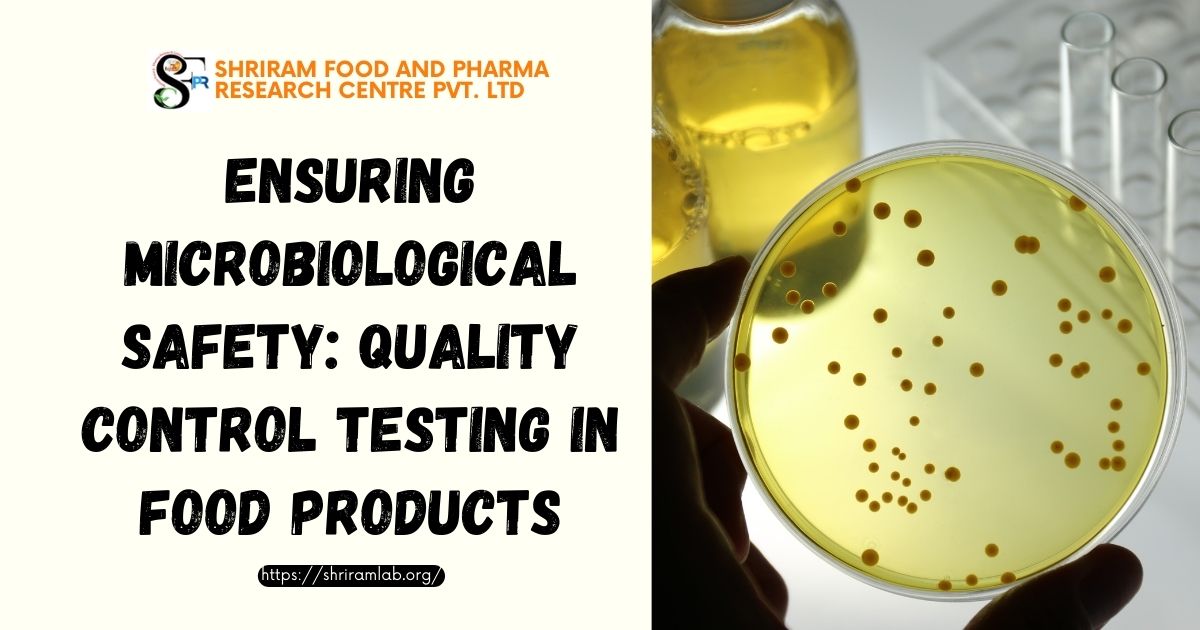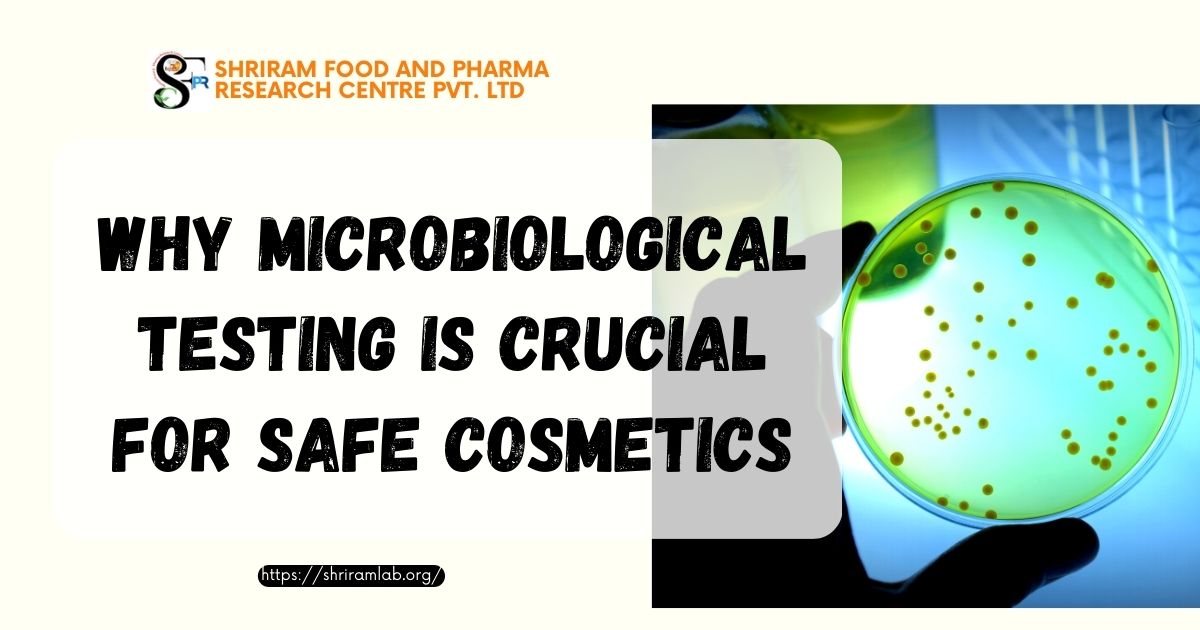Foodborne illnesses can be a serious threat to consumers, and the food industry has a critical responsibility to ensure the safety of its products. Microbiological quality control testing plays a central role in achieving this goal. This guide will provide a comprehensive overview of quality control testing in food products, with a specific focus on ensuring microbiological safety.
Why is Microbiological Testing Important?
Microbiological contamination refers to the presence of harmful microorganisms, such as bacteria, viruses, and fungi, in food. These contaminants can cause food spoilage and lead to foodborne illnesses. Microbiological testing helps to:
- Detect harmful pathogens: Identify the presence of bacteria, viruses, or fungi that can cause illness in consumers.
- Monitor hygiene practices: Evaluate the effectiveness of sanitation procedures throughout the food production process.
- Ensure product shelf life: Verify that the product remains safe for consumption throughout its intended shelf life.
- Comply with regulations: Meet the microbiological safety standards set by regulatory bodies.
Types of Microbiological Testing
There are various microbiological tests used in food quality control, each targeting specific types of microorganisms or contamination. Some common tests include:
- Total plate count (TPC): This test measures the total number of viable aerobic bacteria, yeast, and mold in a sample. A high TPC can indicate poor sanitation or potential spoilage.
- Coliform Test: This group of bacteria indicates fecal contamination and potential presence of pathogens.
- E. coli Testing: This specific type of coliform bacteria can cause serious illness and is often used as an indicator of fecal contamination.
- Salmonella Testing: Salmonella is a common cause of foodborne illness, and testing helps identify its presence.
- Listeria Testing: Listeria is a particularly dangerous pathogen that can grow even at refrigeration temperatures.
- Yeast and mold: This test counts the total number of yeast and mold spores or cells in a sample. These can cause spoilage and some molds can produce toxins.
- Enterobacteriaceae: This is a family of gram-negative bacteria that includes some pathogens like E. coli and Salmonella. Testing for Enterobacteriaceae can be a broad indicator of fecal contamination.
- Aerobic plate count (APC): This test is similar to TPC but only measures aerobic bacteria, not yeast or mold.
- Staphylococcus aureus: This bacteria can cause a variety of illnesses, including food poisoning.
- Bacillus cereus: This bacteria can cause food poisoning from food that has not been properly cooked or stored.
Implementing a Microbiological Testing Program
An effective microbiological testing program requires careful planning and execution. Here are some key steps:
- Develop a Sampling Plan: Define which products and stages of production will be tested, and how often.
- Select Appropriate Tests: Choose the tests that are most relevant to the specific food product and potential contaminants.
- Standardize Testing Procedures: Establish consistent protocols for sample collection, handling, and analysis.
- Maintain Accurate Records: Document all testing procedures, results, and any corrective actions taken.
- Interpret Results and Take Action: Evaluate test results and take appropriate actions such as product recall or adjustments to processing procedures.
Conclusion
Microbiological quality control testing is an essential safeguard in the food industry. By implementing a comprehensive testing program, food producers can ensure the safety of their products and protect consumers from foodborne illness. This program, along with other quality control measures, helps to ensure consistent quality and consumer trust in food products.
“Ensure the safety and excellence of your products with Shriram Food and Pharma Research Centre – your trusted partner in food quality control testing. Contact us today to safeguard your brand’s integrity!”





